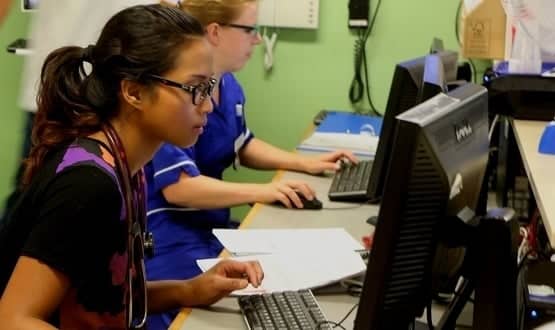Medway sees part for orQestra
- 13 January 2014

Medway NHS Foundation Trust has gone live with a spine mini service from Quicksilva to improve data quality.
The trust deployed the orQestra ITK spine mini service in December last year, to make sure that all of the data it holds is accurate and correlates with Personal Demographics Service.
Brian Hughes, Medway’s business intelligence manager, told EHI that with NHS England putting a new emphasis on providers using the NHS Number as their primary identifier, and commissioners and regulators demanding more information, it was vital to have accurate, up to date records.
“Access to accurate patient records is vital for us. If the wrong information goes against a patient, such as an incorrect NHS Number, it can lead to financial penalties for us,” he said.
“The pressure builds and we have got to do something. We will get into a bloody mess without it. [The spine mini service] enables us to have some confidence in what we’re doing.”
Many systems at the trust do not interface with its Totalcare patient administration system, a legacy system from McKesson.
Clinical services with computer systems that are not interfaced with the run batch tracing for data and manually compare data sets as a check on data quality.
However, the spine mini service will give them real-time connection to the Spine, and so make the retrieval of demographic data faster and more reliable.
The trust also went live recently with a new radiology information system from GE Healthcare as part of the Kent and Medway consortium.
EHI reported last year that the implementation has caused problems for the trust in the consortium. But it is also not interfaced with the PAS.
“Over the course of time, we want the PAS to interface with the GE RIS,” Hughes said, adding that in the meantime the spine mini service would overcome some problems.
In March, the trust is planning to go live with a new PAS from Oasis. This will coincide with the next phase of the spine mini service roll-out.
“The main driver has been to get a demographic in the RIS. It provides an interface between the Spine and our systems. The GE interface will be switched on in the next release in March,” said Hughes.
“We had the same problem with the audiology system where the data quality isn’t as good as it can be.”
The trust has only gone live with the connection to the Spine, and has yet to begin using the system properly, but Hughes said he is optimistic that it will improve the trust’s data.
“It will give us a cost effective solution. We’ve gone through it in quite a level of detail to find out what we aim to achieve with it and we’ve done an assessment on what we’ll be able to save,” he said. “We got a data warehouse we want to connect to it as well.”




